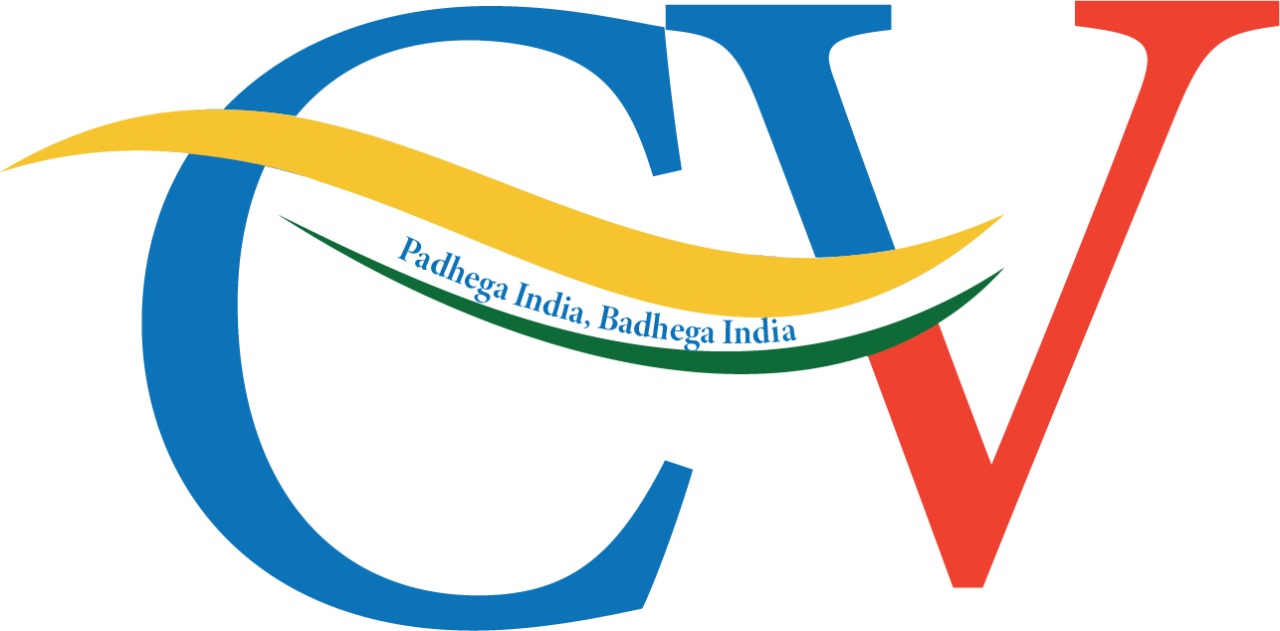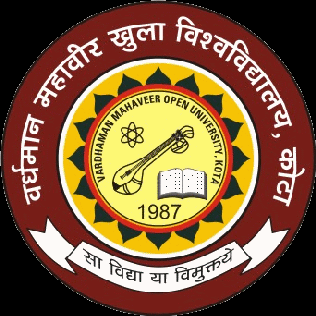Bachelor of Library Science - (Bachelor of Library Science - (B.Lib.))
Universities
1
Eligibility
10+2
Course Introduction
Bachelor of Library Science
The Bachelor of Library and Information Science (B.Lib.) course is an exciting journey into the world of books, knowledge, and information management. It's a program designed for those who have a passion for books, a love for organizing information, and a keen interest in helping others access knowledge. During this course, students learn about various aspects of library science, including cataloging, classification, digital library management, and information retrieval. They also delve into the latest technologies that are transforming the field, such as digital archiving and data management. Throughout the program, students develop essential skills in organization, research, and communication, making them well-equipped to work in libraries, information centers, and other knowledge-related professions. B.Lib. is not just about books; it's about being a guardian of knowledge and a facilitator of learning, making it an exciting and fulfilling career path for those who are passionate about the world of information.
Course Overview
The Bachelor of Library and Information Science (B.Lib.) course is an exciting academic journey that focuses on the world of libraries, information, and knowledge management. This program spans various subjects, including library science, information technology, cataloging, and research methodologies. Throughout the course, students learn how to organize, preserve, and disseminate information effectively. They gain insights into the latest trends in digital libraries, information systems, and data management. B.Lib. also emphasizes the development of critical thinking and research skills, preparing students for careers in libraries, archives, information centers, and more. This course offers a blend of theoretical knowledge and practical experience, enabling students to excel in the dynamic field of information management. Whether you aspire to be a librarian, information specialist, or knowledge manager, B.Lib. equips you with the essential skills to thrive in the ever-evolving world of information and technology.
Course Eligibility
Typically, to enroll in a B.Lib. course, you need a high school diploma or its equivalent, like a 10+2 certificate, as the minimum qualification. Specific requirements may vary by institution.
Universities
Admission Process
There is an online admissions process available at Online Bachelor of Library Science, therefore there is no need to physically visit the campus to apply for admission. There is no entrance exam required to apply for admission to Bachelor of Library Science Online because admissions are made directly. The following describes the Bachelor of Library Science's admissions process for online courses:
Ask Admission QueryBrowse our diverse range of programs like MBA, BBA, MA, B.COM, Machine Learning, Python and many more...
Fill online application form with accurate.
You get your own education mentor who helps with all your questions about courses, university, colleges and fees. They're there to make things clear and easy for you.
Make your college application faster by sending your documents and paying the registeration fees.
Upon acceptance, pay fees to secure your seat and finalize enrollment
Confirm your class date, seat, enrollment number and get your gift as reward points
Course Subjects
- #Library and Information Science Foundations
- #Library Management
- #Information Technology
- #Research Methods
- #Archiving and Preservation
- #Information Ethics and Copyright
- #Knowledge Management
- #Library Automation and Management Systems
- #Collection Development
Bachelor of Library Science's Highlights
1
Versatile Career Options
B.Lib. opens doors to a variety of career opportunities in libraries, information centers, archives, and even in the digital realm. Graduates can work as librarians, archivists, information analysts, digital asset managers, or knowledge curators in diverse sectors.
2
Information Technology Integration
The program integrates information technology and digital library management, preparing students for the digital age. They learn to manage digital collections, databases, and utilize software for cataloging and information retrieval.
3
Research Skills
B.Lib. emphasizes research methodologies and critical thinking. Students develop strong research skills, enabling them to contribute to the field through academic research, collection development, and information analysis.
4
Practical Experience
Many B.Lib. programs include practical training or internships in libraries or information institutions. This hands-on experience is invaluable, providing students with real-world exposure and enhancing their employability.
5
Adaptability
In a rapidly evolving information landscape, B.Lib. equips students with adaptability and problem-solving skills. Graduates are well-prepared to handle new challenges and technologies that emerge in the field of library and information science.
Bachelor of Library Science's Freights
The tuition fees for a Bachelor of Library and Information Science (B.Lib.I.Sc) program typically range from INR 2,000 to INR 50,000, with variations depending on the institution and location.
Bachelor of Library Science's Specialization
B.Lib. courses offer various specializations, including Academic Librarianship, Archives and Records Management, Digital Libraries, Knowledge Management, and Information Systems. These specializations allow students to focus on specific areas within the library and information science to tailor their education to their career goals.
- #Digital Library Management
- #Archives and Records Management
- #Information Technology and Systems
- #Knowledge Management
- #Special Libraries and Information Centers
Course Job
- #Researcher
- #Data Analyst
- #Information Officer
- #Knowledge Manager
- #Digital Asset Manager
- #Information Specialist
- #Archivist
- #Library Technician
- #Librarian
Course Types
Offline Bachelor of Engineering
Offline Bachelor of Engineering (B.E.) courses typically offer full-time, on-campus programs. Students attend classes in physical classrooms, engage in laboratory work, and interact directly with professors and peers. These traditional programs provide hands-on learning experiences and face-to-face interactions, fostering a comprehensive understanding of Digital Library Management, Archives and Records Management, Special Libraries and Information Centers etc. to the students.
Why this Course ?
- A course in Library and Information Science equips individuals with skills to effectively manage, organize, and disseminate information in the digital age. It offers diverse career opportunities in libraries, archives, knowledge management, and research, making it a valuable choice for those passionate about information and knowledge access and management.
- Information Management Skills: The course equips you with valuable skills in managing and organizing information, which are in high demand in various industries. These skills are essential for efficient data handling, decision-making, and knowledge dissemination.
- Diverse Career Opportunities: Graduates of this course have a wide range of career options, including librarian, archivist, information analyst, and knowledge manager. You can work in libraries, museums, corporate settings, government agencies, and more.
- Impact on Knowledge Access: By becoming proficient in information science, you can play a crucial role in facilitating access to knowledge, preserving cultural heritage, and promoting lifelong learning. This course allows you to contribute to society by ensuring the efficient flow of information.
- Adaptability to Technology: The program often incorporates the latest technology trends, preparing you for the digital era. You'll learn to manage digital resources, work with library software, and adapt to evolving information technologies.
- Intellectual Growth: Studying Library and Information Science not only offers practical skills but also fosters critical thinking and research abilities. It encourages a deep understanding of the importance of information in today's world and its role in shaping society.
Frequently Asked Questions
A 1 : The B.Lib. program, short for Bachelor of Library and Information Science, is an undergraduate course that focuses on teaching students the principles of managing, organizing, and disseminating information effectively, often preparing them for careers in libraries, archives, and information management.
A 2 : Career prospects for B.Lib. graduates include librarian, archivist, information specialist, data analyst, knowledge manager, and more. They can work in libraries, archives, corporations, government, and research institutions, contributing to information management and access.
A 3 : Through the B.Lib. program, you can develop skills in information organization, research, data management, digital literacy, and communication. These skills are valuable for careers in libraries, archives, information centers, and related fields.
A 4 : A Bachelor of Library and Information Science (B.Lib.) program typically takes three years to complete, although the duration may vary depending on the educational institution and country.
A 5 : Credit transfer policies vary by institution, but some B.Lib. programs may accept credits from community colleges. Contact the specific university offering the B.Lib. program for details on their transfer policies and requirements.

